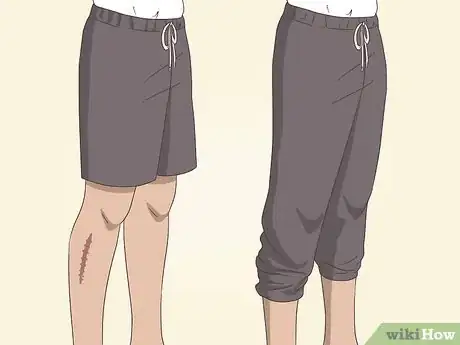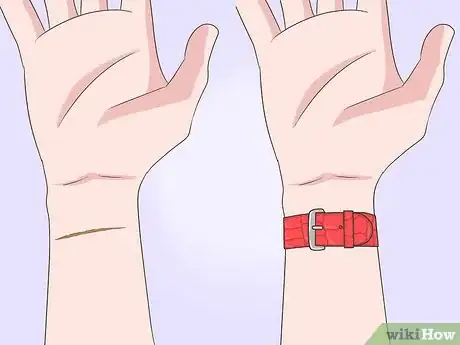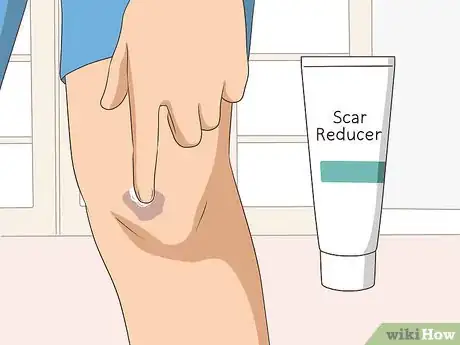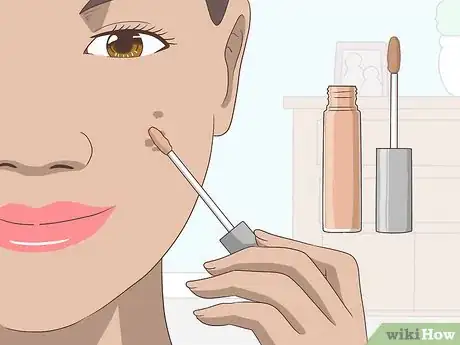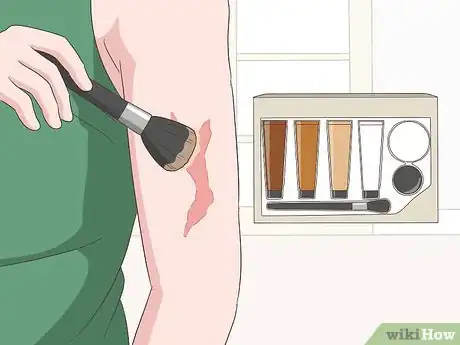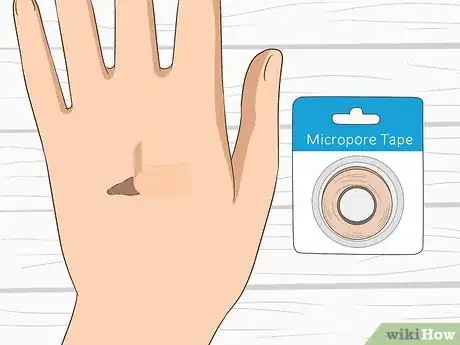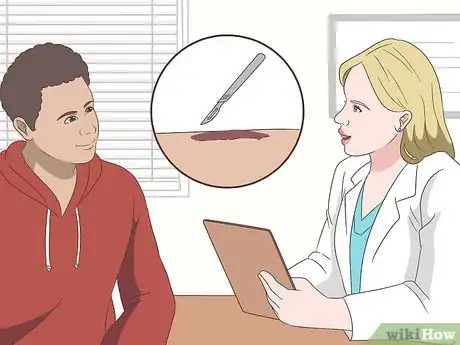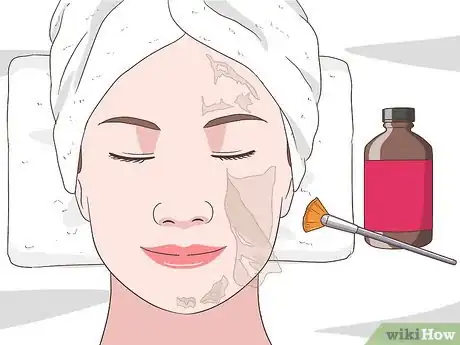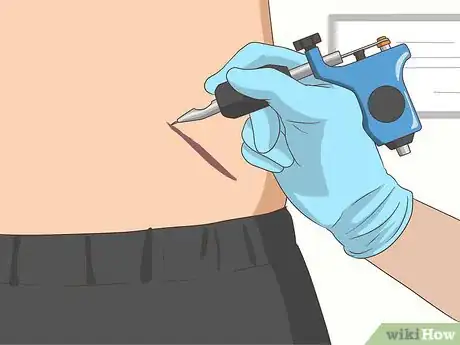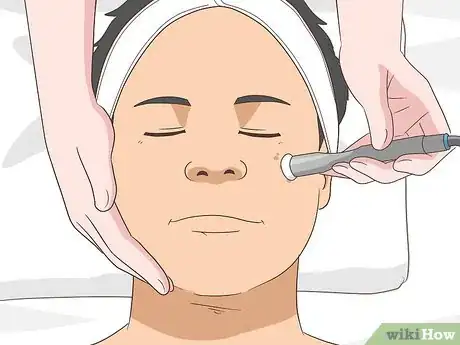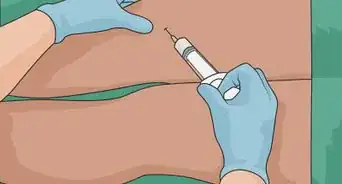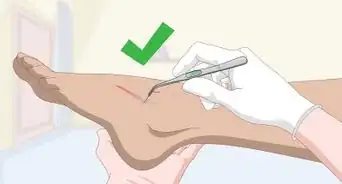This article was co-authored by R. Sonia Batra, MD, MSc, MPH. Dr. R. Sonia Batra is a board certified Dermatologist and the Founder of Batra Dermatology based in Los Angeles, California. With over 15 years of experience, Dr. Batra specializes in lasers, medical devices, patient and public medical education, and skin cancer research. She received her Bachelor’s degree, Master’s degree in Public Health, and her Doctor of Medicine (MD) degrees from Harvard University. As a Rhodes Scholar, she earned a Master’s degree in Molecular Genetics at the University of Oxford. She completed her residency training in Dermatology at Stanford University. Dr. Batra has contributed and reviewed for the Journal of Dermatologic Surgery, the Journal of the American Academy of Dermatology, and JAMA Dermatology. She is also a co-host of CBS’ Emmy award-winning television show, The Doctors.
This article has been viewed 334,563 times.
Even though scars fade over time, they might never look completely invisible. If you can still see a scar on a noticeable part of your body, there are a few ways you can keep it hidden. We’ll cover several options from minor cover-ups to more permanent treatments so you can reduce the appearance of your scars.
Steps
How Can I Reduce The Appearance Of Injury Scars?
Expert Q&A
-
QuestionWhat causes scars to turn dark?
 R. Sonia Batra, MD, MSc, MPHDr. R. Sonia Batra is a board certified Dermatologist and the Founder of Batra Dermatology based in Los Angeles, California. With over 15 years of experience, Dr. Batra specializes in lasers, medical devices, patient and public medical education, and skin cancer research. She received her Bachelor’s degree, Master’s degree in Public Health, and her Doctor of Medicine (MD) degrees from Harvard University. As a Rhodes Scholar, she earned a Master’s degree in Molecular Genetics at the University of Oxford. She completed her residency training in Dermatology at Stanford University. Dr. Batra has contributed and reviewed for the Journal of Dermatologic Surgery, the Journal of the American Academy of Dermatology, and JAMA Dermatology. She is also a co-host of CBS’ Emmy award-winning television show, The Doctors.
R. Sonia Batra, MD, MSc, MPHDr. R. Sonia Batra is a board certified Dermatologist and the Founder of Batra Dermatology based in Los Angeles, California. With over 15 years of experience, Dr. Batra specializes in lasers, medical devices, patient and public medical education, and skin cancer research. She received her Bachelor’s degree, Master’s degree in Public Health, and her Doctor of Medicine (MD) degrees from Harvard University. As a Rhodes Scholar, she earned a Master’s degree in Molecular Genetics at the University of Oxford. She completed her residency training in Dermatology at Stanford University. Dr. Batra has contributed and reviewed for the Journal of Dermatologic Surgery, the Journal of the American Academy of Dermatology, and JAMA Dermatology. She is also a co-host of CBS’ Emmy award-winning television show, The Doctors.
Board Certified Dermatologist Exposing your scar to sunlight could make it darker so it stands out from your regular skin.
Exposing your scar to sunlight could make it darker so it stands out from your regular skin.
Warnings
- Do not allow any hair or clothes to rub against the cream or makeup. This may smudge and ruin the effect.⧼thumbs_response⧽
- Do not apply any cosmetics without testing them first for any allergic reactions.⧼thumbs_response⧽
References
- ↑ http://www.dailymakeover.com/trends/makeup/how-to-cover-scars/
- ↑ http://www.dailymakeover.com/trends/makeup/how-to-cover-scars/
- ↑ R. Sonia Batra, MD, MSc, MPH. Board Certified Dermatologist. Expert Interview. 19 February 2021
- Videos provided by Zabrena
About This Article
To cover up a scar, try applying makeup containing healing products like quericin or vitamin C if the scar is less than 2 years old. You could also try purchasing a concealer from a department store that matches your skin tone to cover up the scar. When you're at the store, you can talk with a consultant at a beauty counter for tips on how best to apply a concealer. If your scar is deep or you want a longer-lasting solution, try purchasing a scar camouflaging kit from a drug store. Then, combine the powder and cream to make a paste, which you can apply to your scar. To learn how to get cosmetic surgery for a scar, keep reading!

